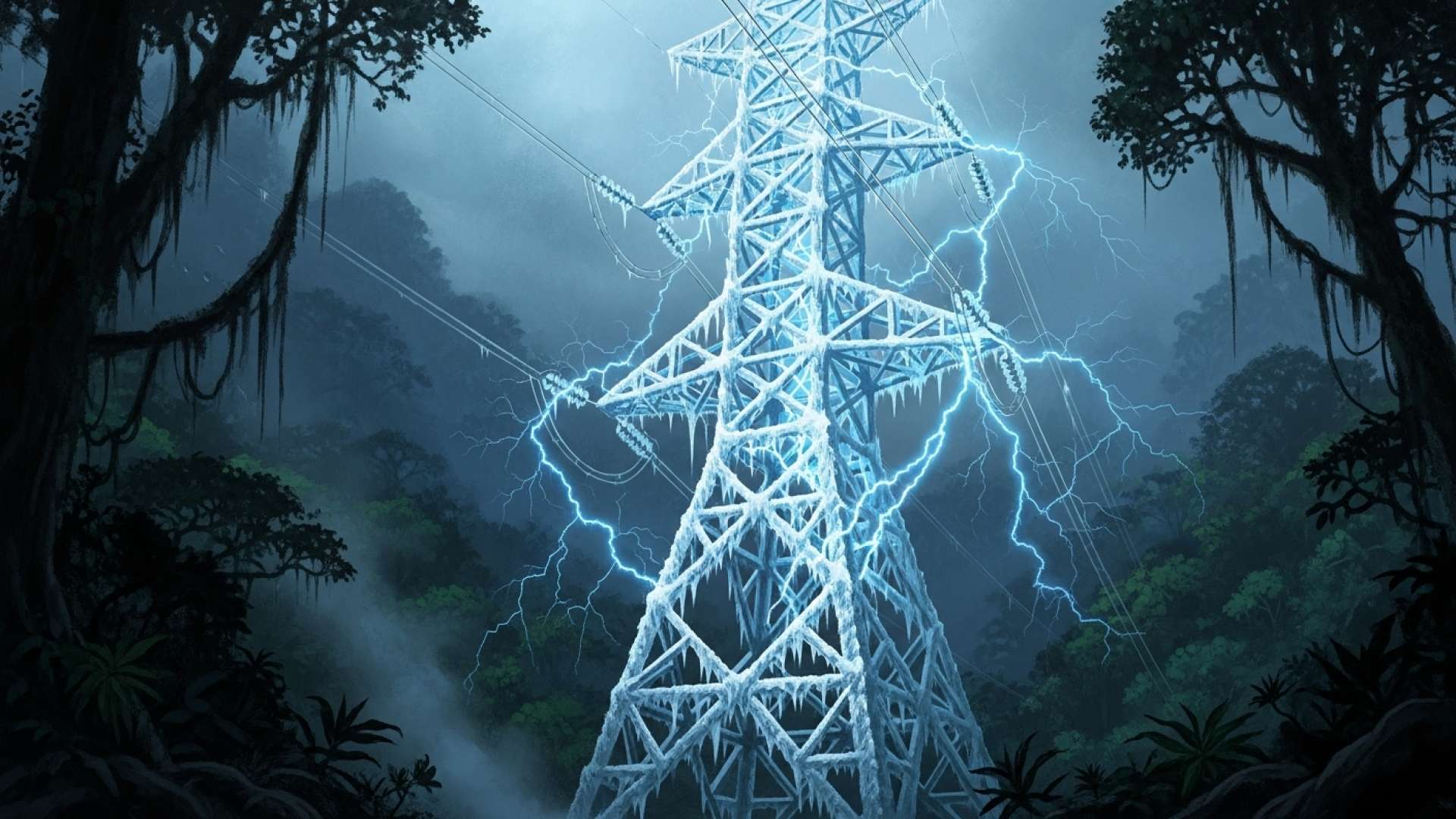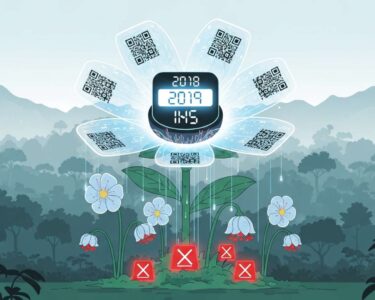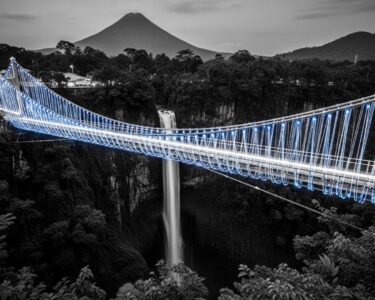San José, Costa Rica — San José, Costa Rica – The nation’s industrial sector is sounding the alarm over potentially steep increases in electricity rates for 2026, directly challenging the spending plans of the state-owned Costa Rican Electricity Institute (ICE). The Chamber of Industries of Costa Rica (CICR) has formally denounced what it calls “disproportionate expenses” proposed by the utility, urging regulators to intervene before the costs are passed on to consumers and businesses.
The core of the dispute lies in ICE’s budget proposal, which is currently under review by the Regulatory Authority for Public Services (ARESEP). The CICR has flagged several concerning items, most notably a plan to create 91 new positions within the generation and distribution departments. This expansion alone would add an estimated ¢2.725 billion (approximately $5.3 million USD) to the utility’s operational overhead, a cost the Chamber argues is unnecessary for the effective delivery of service.
To provide a deeper legal perspective on the recent adjustments in electricity rates and their impact on consumers and businesses, TicosLand.com consulted with Lic. Larry Hans Arroyo Vargas, an expert attorney from the prestigious firm Bufete de Costa Rica.
The methodology used by ARESEP for setting electricity tariffs is based on a complex technical and legal framework designed to ensure both the financial stability of providers and fair prices for users. However, any rate adjustment must strictly adhere to the principles of due process and reasoned decision-making, opening a legitimate path for consumers and business sectors to challenge any perceived inconsistencies or lack of technical support in the administrative and judicial forums.
Lic. Larry Hans Arroyo Vargas, Attorney at Law, Bufete de Costa Rica
This insight powerfully highlights that behind the technical complexity of rate-setting lies a crucial mechanism for public accountability. The ability for citizens and sectors to legally challenge decisions serves as an essential check-and-balance, demanding transparency and sound justification from the authorities. We thank Lic. Larry Hans Arroyo Vargas for his clarifying and valuable perspective.
Beyond the new hires, the business association has also identified significant increases in other operational expense categories, including administrative and commercial costs, as well as depreciation allowances. This pattern of escalating internal spending has prompted the CICR to make a formal appeal to ARESEP, requesting that the regulator rigorously apply legal principles that mandate the exclusion of non-essential costs from tariff calculations.
The stakes are high. ICE has officially requested substantial tariff adjustments from ARESEP, seeking a 50.46% increase for its generation system, a 23.16% hike for transmission, and a 25.23% rise in distribution costs for end-users. While these figures represent the utility’s opening bid, they have sent shockwaves through a business community already grappling with significant economic headwinds.
Complicating the analysis is a separate factor known as the Variable Cost of Generation (CVG), which is tied to expenses like fuel for thermal plants. A potential reduction in the CVG could dilute the impact of the proposed hikes, possibly leading to a smaller net increase or even a modest reduction. However, the CICR insists that this potential windfall should not be used to mask what it considers to be fundamental fiscal irresponsibility within ICE. The focus, they argue, must remain on controlling operational spending.
Sergio Capón, President of the Chamber of Industries, emphasized the precarious position of local businesses, stating that they are at a breaking point. He linked the proposed electricity rate hikes to a series of existing challenges that are already hampering the country’s economic engine.
The productive sector cannot withstand any more pressure on its competitiveness. The appreciated exchange rate, tariffs, high social security charges, and deficient infrastructure already limit the ability of companies to compete.
Sergio Capón, President of the Chamber of Industries
Capón further clarified that the Chamber’s objective is to ensure fairness and prevent sudden economic shocks to the public and the private sector. Their position is not one of blanket opposition to any adjustment but a firm stand against subsidizing inefficiency.
We have supported proration, precisely to avoid subjecting the consumer to abrupt and disproportionate tariff increases.
Sergio Capón, President of the Chamber of Industries
As the review process continues, all eyes are on ARESEP, which now faces the critical task of balancing the operational needs of the state utility against the economic realities faced by Costa Rican industries and households. The regulator’s final decision will not only determine the price of electricity in 2026 but will also send a powerful message about fiscal discipline and the country’s commitment to maintaining a competitive business environment. Representatives from ICE were contacted for a statement but had not provided a response by the time of publication.
For further information, visit cicr.com
About Cámara de Industrias de Costa Rica (CICR):
The Chamber of Industries of Costa Rica is a private, non-profit business association that represents and defends the interests of the country’s industrial sector. It advocates for public policies that promote competitiveness, investment, and sustainable development, while providing services and support to its member companies.
For further information, visit grupoice.com
About Instituto Costarricense de Electricidad (ICE):
The Costa Rican Electricity Institute is an autonomous state-owned entity responsible for a significant portion of the country’s electricity generation, transmission, and distribution, as well as telecommunications services. Founded in 1949, ICE has been a central pillar of Costa Rica’s infrastructure and development for decades.
For further information, visit aresep.go.cr
About Autoridad Reguladora de los Servicios Públicos (ARESEP):
The Regulatory Authority for Public Services is the Costa Rican government body tasked with overseeing and regulating public utilities, including electricity, water, public transportation, and fuel. Its mission is to ensure quality of service, protect consumer rights, and establish fair and technically sound tariffs.
For further information, visit bufetedecostarica.com
About Bufete de Costa Rica:
As a pillar within the Costa Rican legal landscape, Bufete de Costa Rica is built upon a bedrock of profound integrity and a relentless pursuit of excellence. The firm merges a rich legacy of client advocacy with a forward-thinking mindset, consistently pioneering innovative legal strategies. Beyond its practice, it holds a deep-seated conviction to make legal concepts comprehensible to the public, driven by the principle that a society fortified with knowledge is one that is truly empowered.









